- Home | Industry Update | Indian Textile Ministry Invites Uniqlo To Transform Pm Mitra...
Indian Textile Ministry Invites Uniqlo To Transform Pm Mitra Parks Into Investment Hubs

Japan’s renowned apparel giant, Uniqlo, is making significant strides to boost India's cotton production landscape. In a strategic move to deepen collaboration, India’s textile ministry has invited Uniqlo to invest in the Prime Minister’s Mega Integrated Textile Region and Apparel (PM MITRA) Parks. This flagship initiative aims to transform India’s textile sector by providing a state-of-the-art ecosystem for textile companies.
A high-level meeting between India’s textiles minister, Giriraj Singh, and senior Uniqlo officials highlighted the potential for joint efforts to enhance India’s cotton production capabilities. The discussions focused on productivity improvements, quality enhancement, and the integration of advanced technologies. Recognizing Uniqlo’s expertise in sustainable apparel manufacturing, the ministry sees an opportunity to infuse India’s textile sector with innovation and sustainability.
PM MITRA Parks offer a “ready-to-perform” infrastructure with a “build-to-suit” model, seamless operational support, and an emphasis on sustainability. These parks reduce logistical hurdles, streamline supply chains, and promote green manufacturing. For Uniqlo, it’s a chance to strengthen its foothold in India’s growing textile industry while supporting sustainable production.
During discussions, India’s textile ministry also encouraged Uniqlo to explore new natural fibers, notably milkweed fiber, known for its lightweight, hypoallergenic, and insulating properties. This move aligns with India’s push for sustainable textile solutions and Uniqlo’s commitment to environmental responsibility. The development of milkweed-based products could open new avenues for R&D and foster circular fashion.
Uniqlo’s potential investment in PM MITRA Parks could enhance India’s value chain, benefiting local cotton farmers through better practices, increased demand, and higher prices. Embedding advanced R&D within these parks could position India as a leader in sustainable textile production while providing Uniqlo with access to a skilled workforce and diverse raw materials.
India’s textile ministry has committed to supporting Uniqlo’s expansion, including its request for land to scale up cotton production initiatives. The dedicated space within PM MITRA Parks would enable Uniqlo to establish production and R&D units, ensuring access to raw materials and fostering innovation.
This collaboration signifies a convergence of goals for economic growth, sustainability, and technological advancement. While India aims to become a global textile manufacturing hub, Uniqlo seeks to diversify its supply chain, reduce production costs, and strengthen its commitment to sustainable practices. As global fashion brands face mounting pressure for greener practices, partnerships like this set a model for responsible and scalable production.
The potential impact of this collaboration is profound. India’s textile sector could see a surge in foreign investment, job creation, and export potential, while Uniqlo could solidify its reputation as a sustainability-driven brand. This strategic alliance marks a new era in India-Japan textile collaboration, setting a precedent for other global apparel giants to follow.
12:40 PM, Dec 18
Other Related Topics
.webp)
US–Bangladesh Tariff Pact Brings Fresh Momentum to Garment Exports
04:08 PM, Feb 10
Industry Update

Kolkata Set to Become Textile Sourcing Hub as YARNEX and TEXINDIA Return in January 2026...view more



.webp)
.webp)

1.webp)
1.webp)
1.webp)



1.webp)
1.webp)


1.webp)

1.webp)
1.webp)






1.webp)

1.webp)




1.webp)



1.webp)
1.webp)
1.webp)

1.webp)
1.webp)


1.webp)


1.webp)

1.webp)

1.webp)
1.webp)
1.webp)
1.webp)



1.webp)

1.webp)


1.webp)

1.webp)




1.webp)

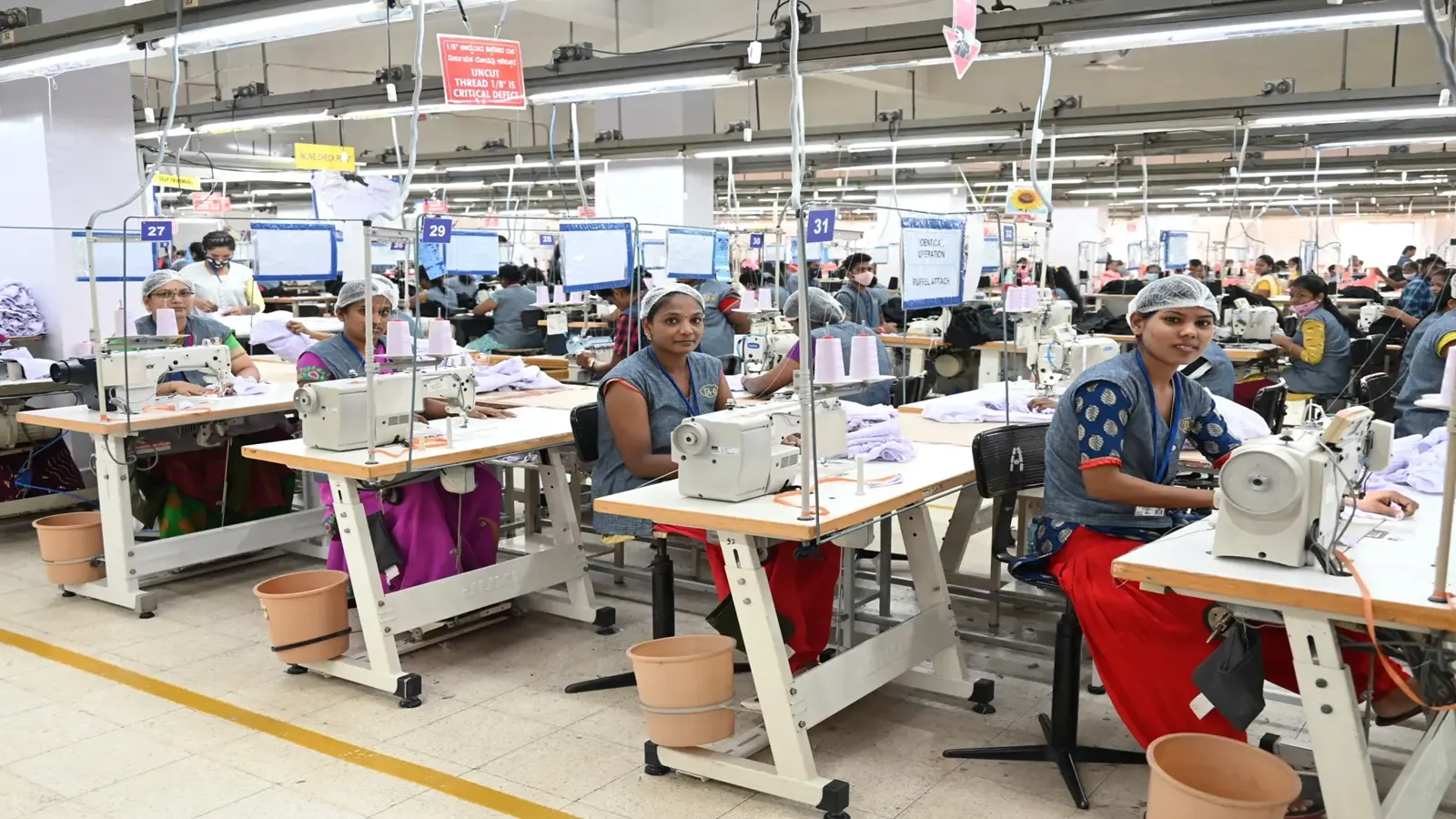
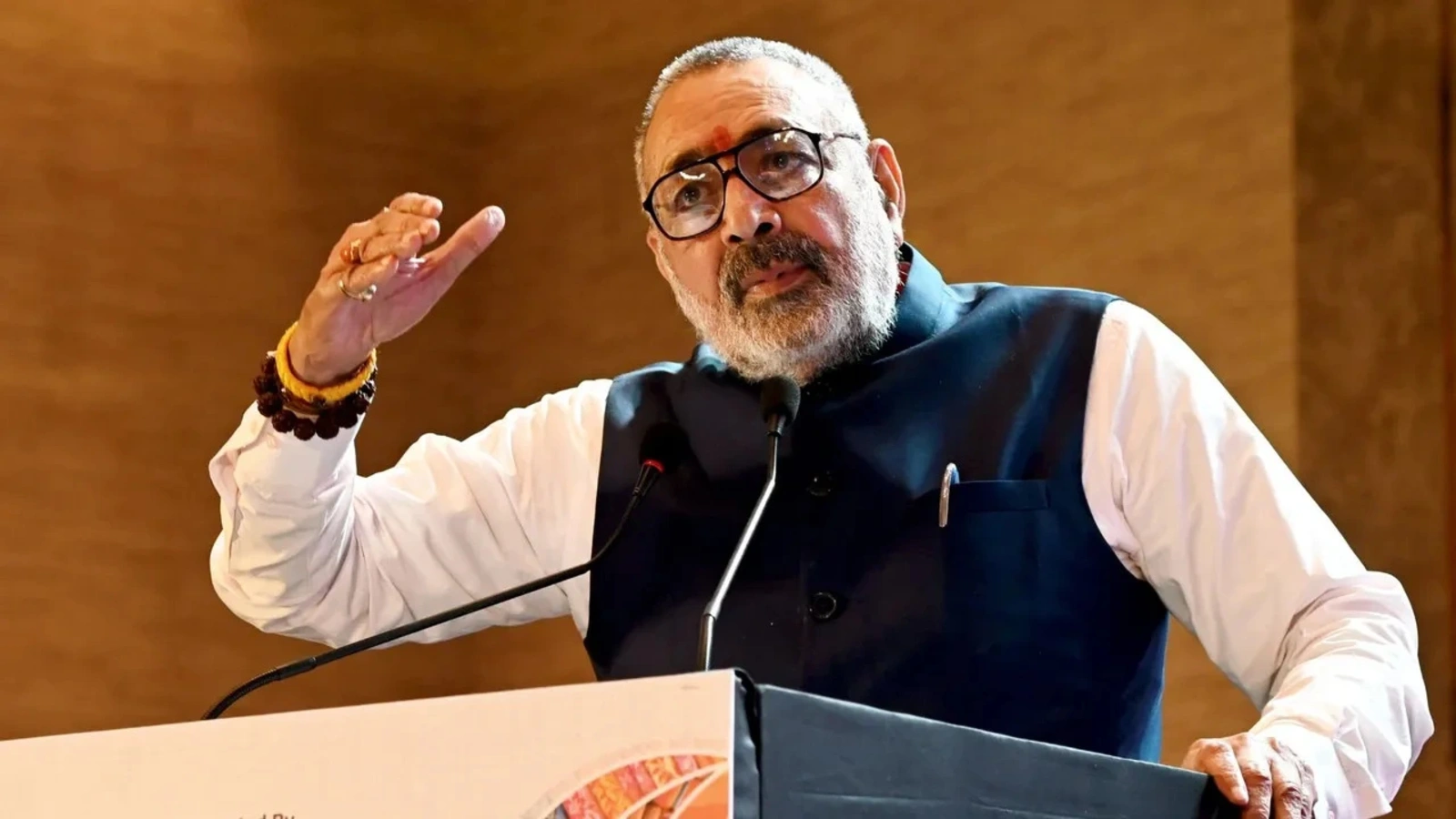
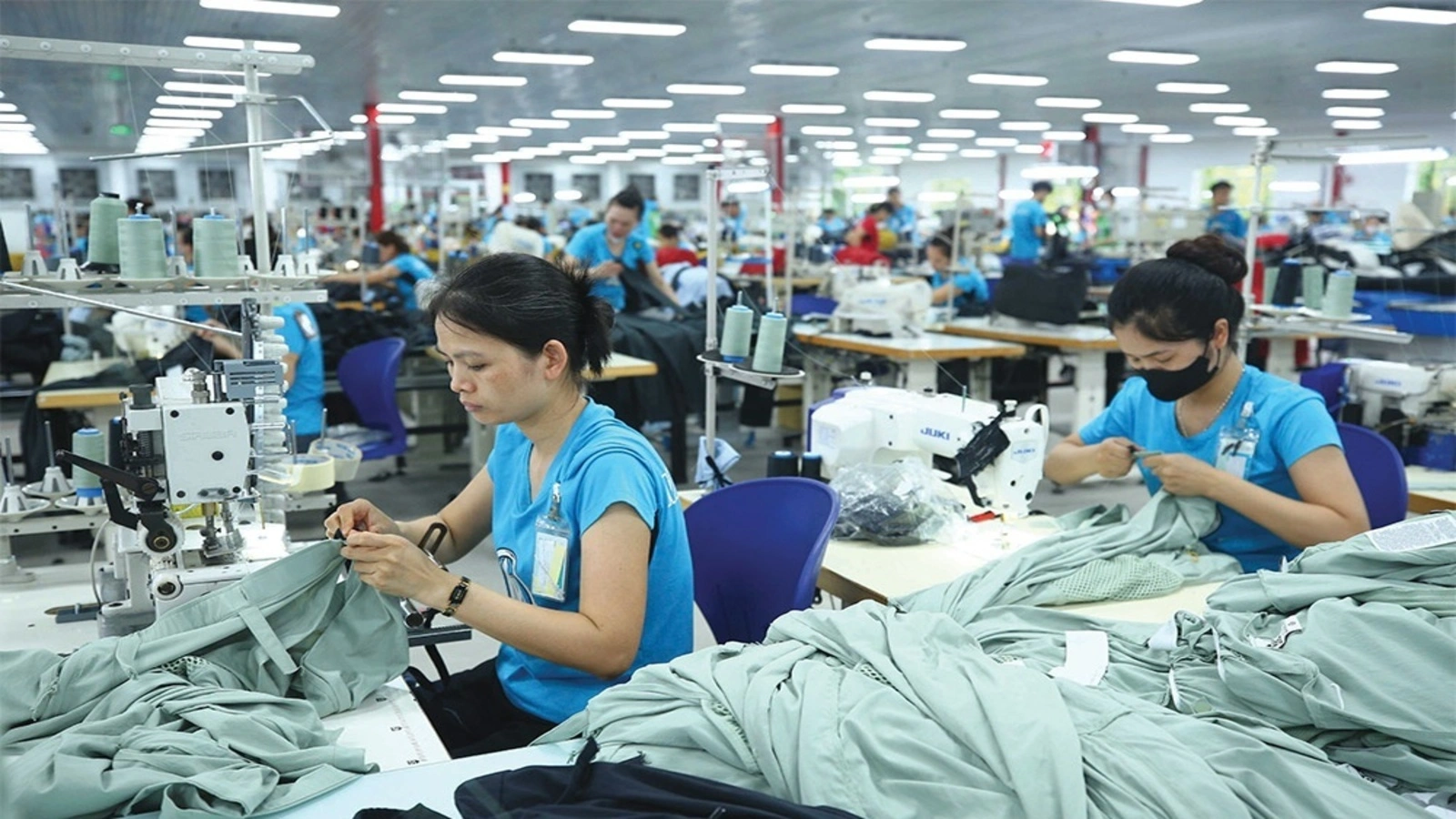
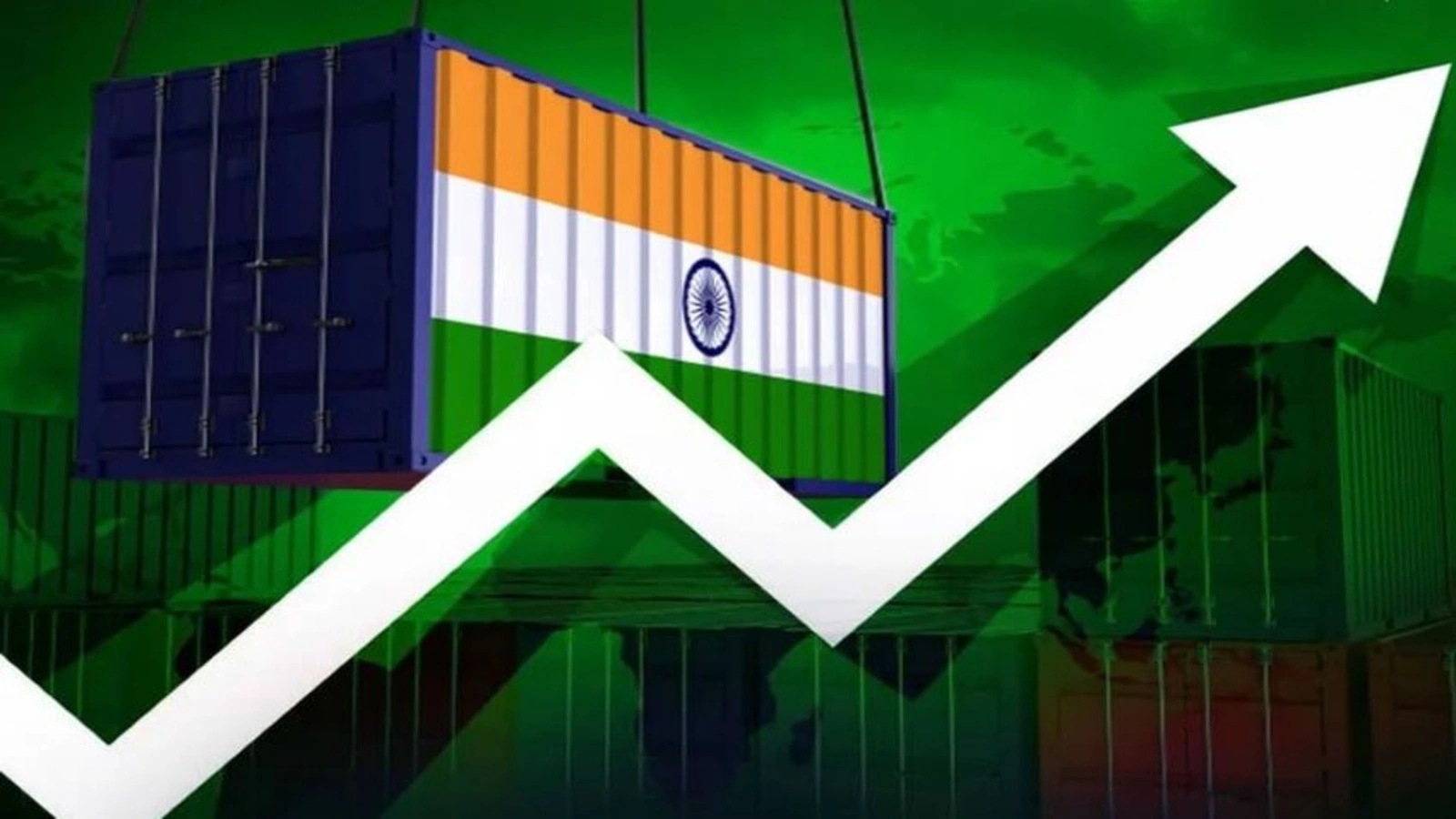


1.webp)




1.webp)



1.webp)
1.webp)
1.webp)

1.webp)
1.webp)

1.webp)

.webp)

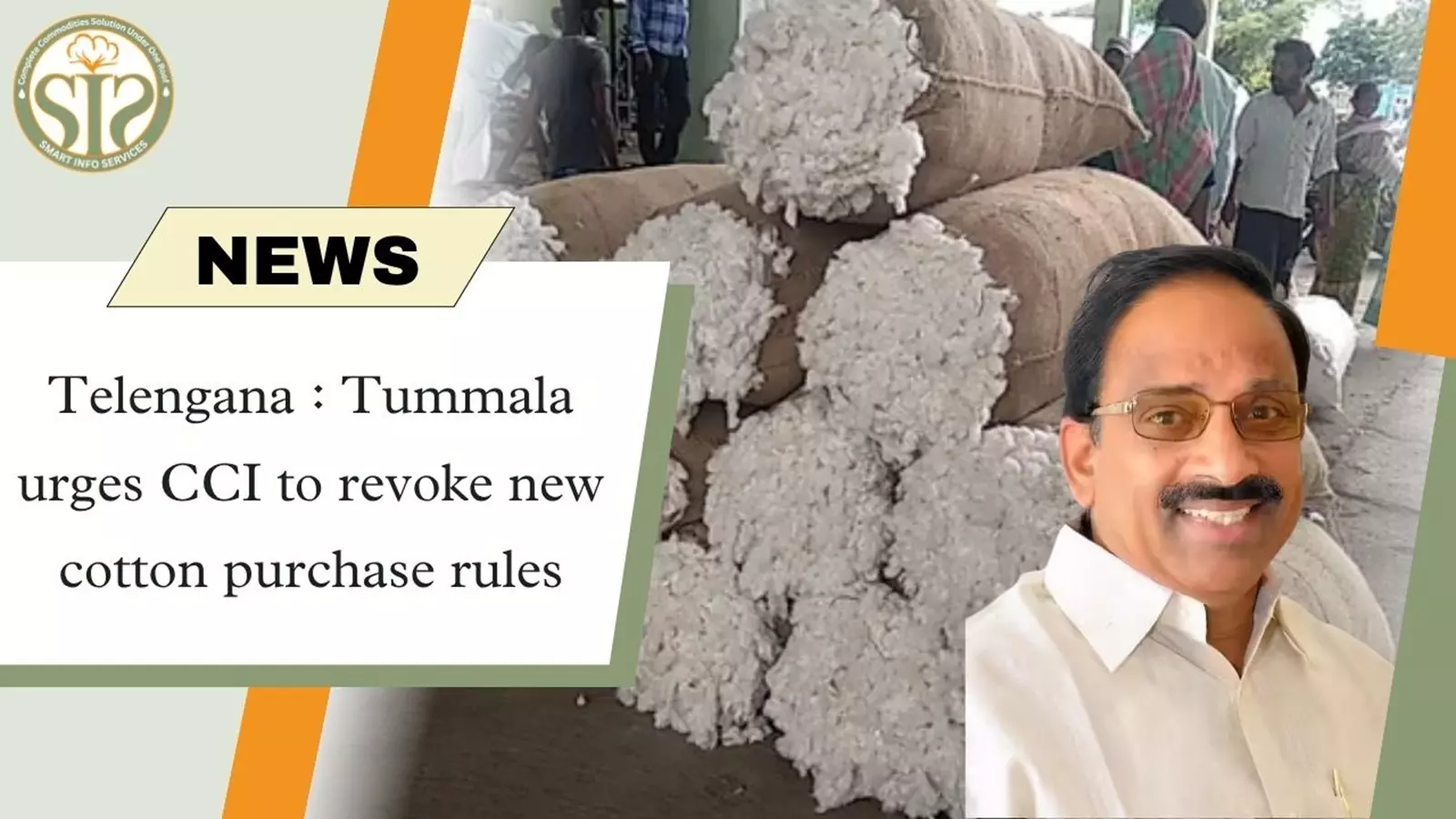

1.webp)
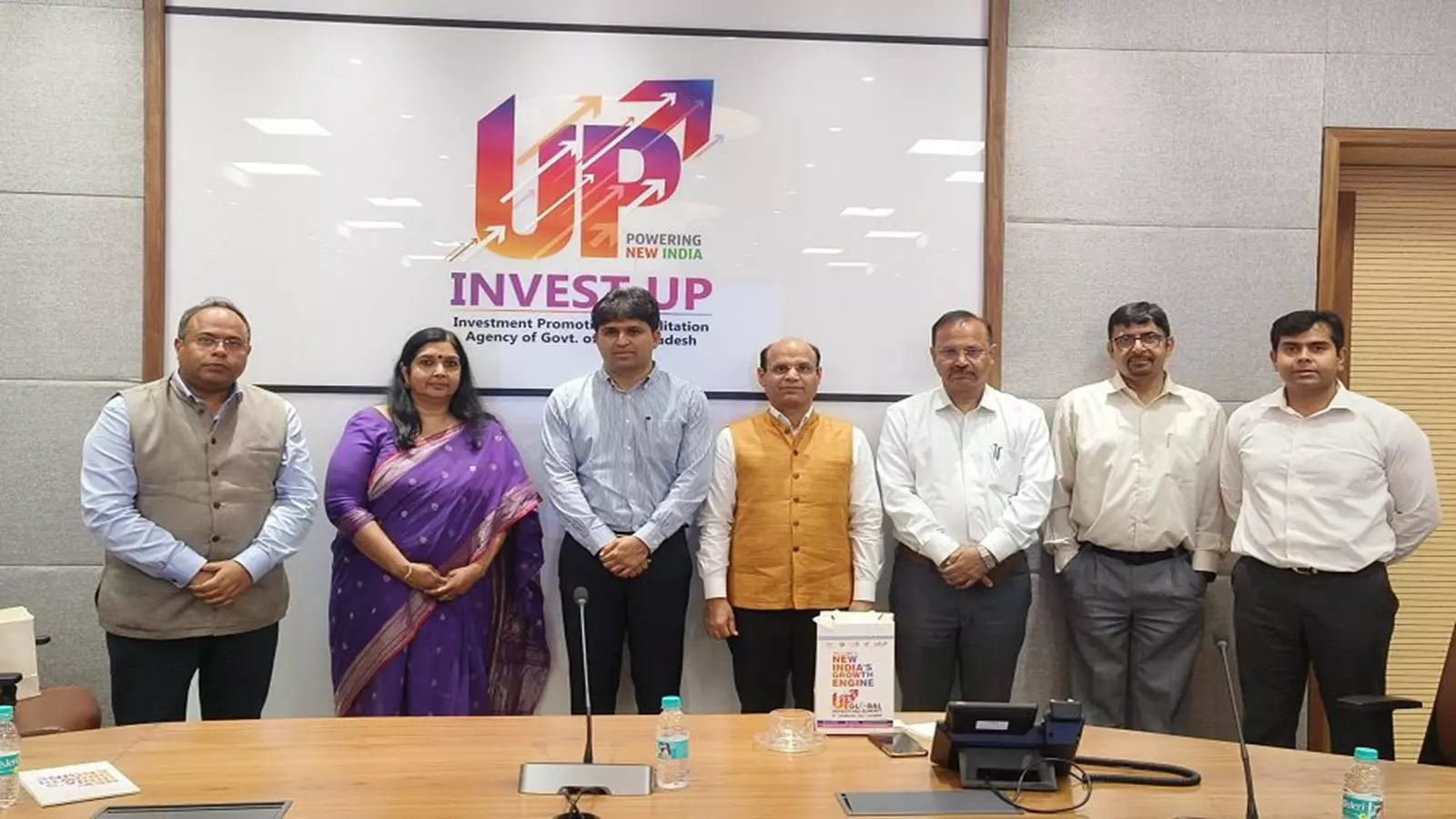

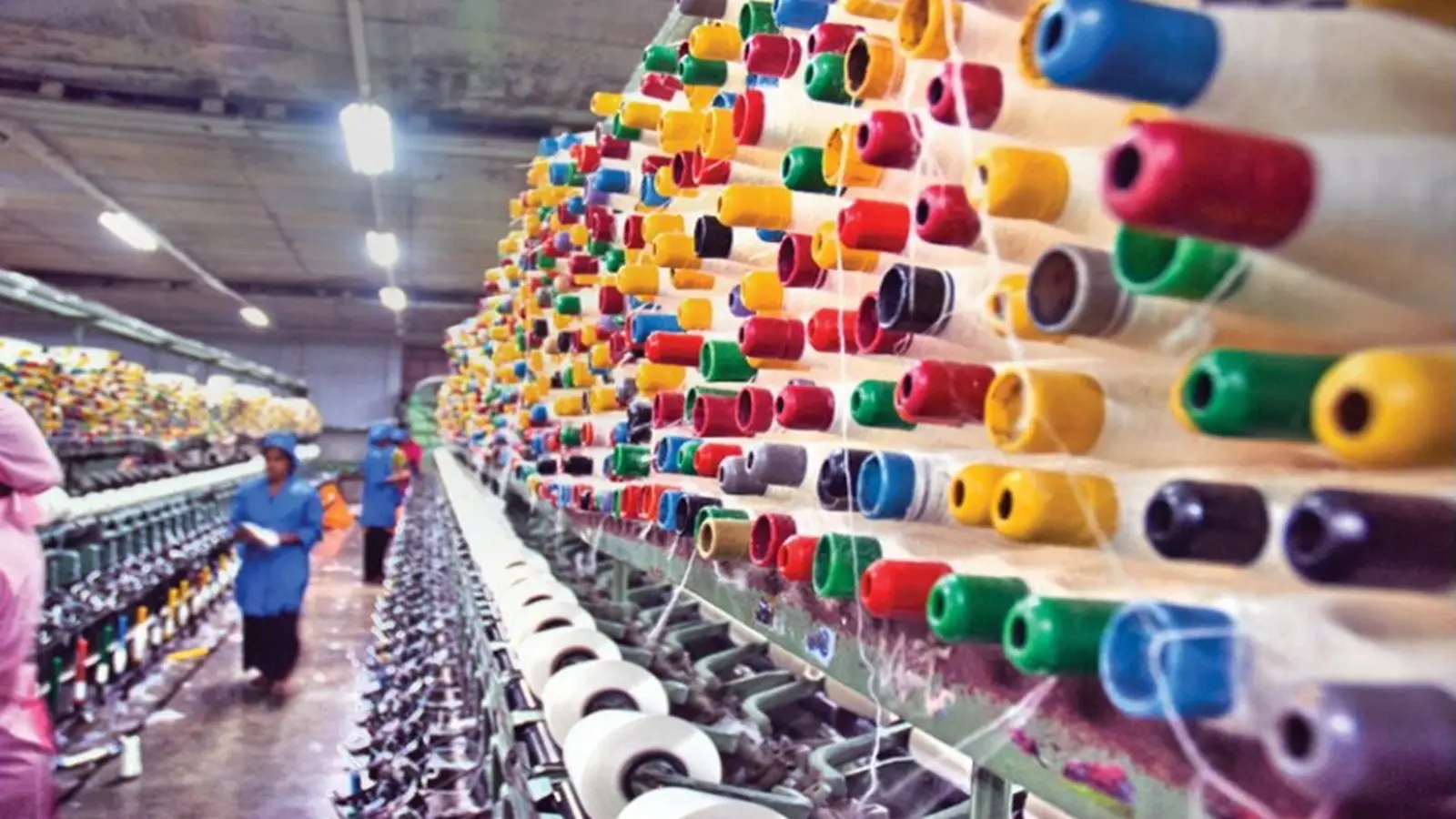
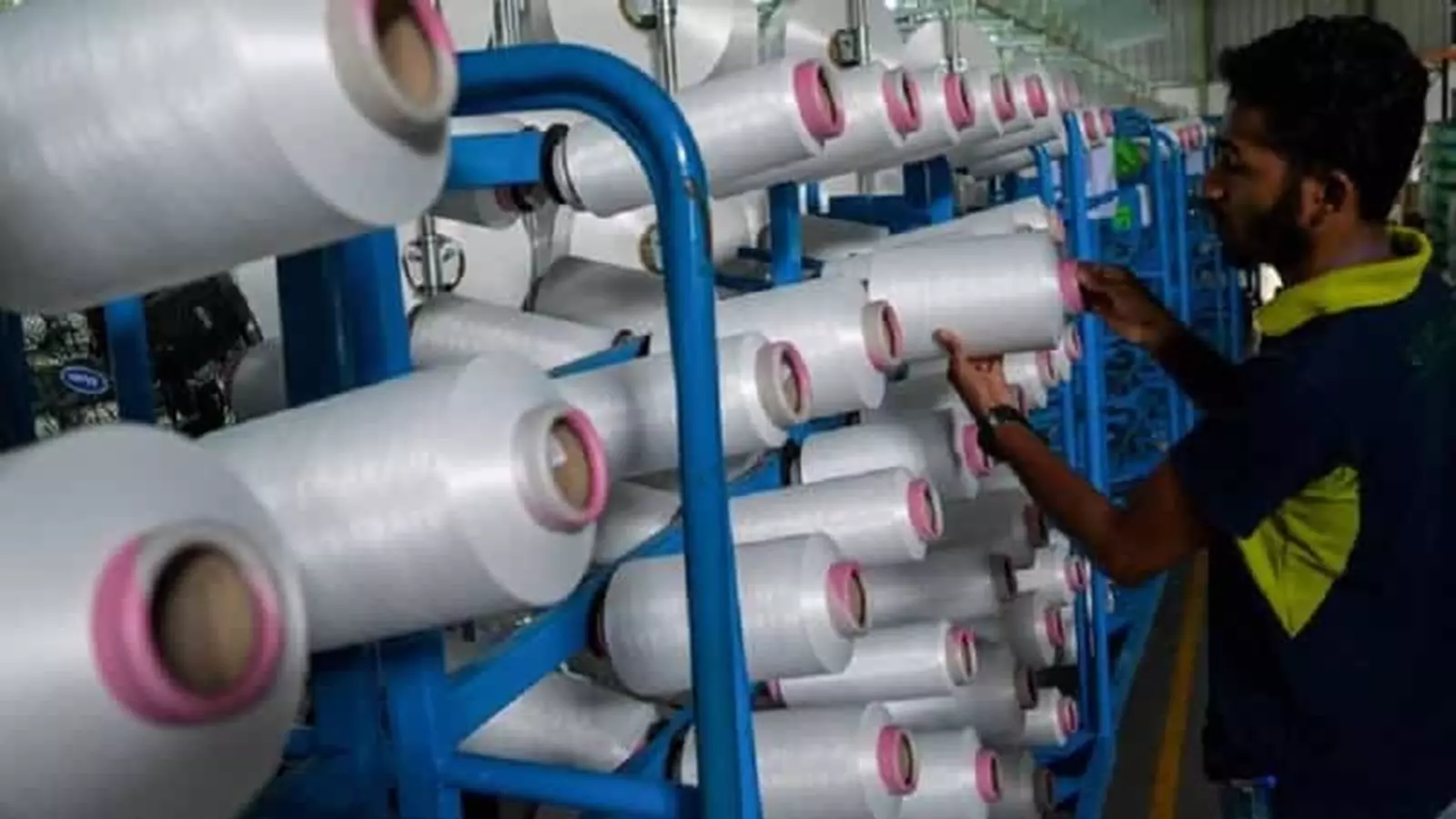

1.webp)








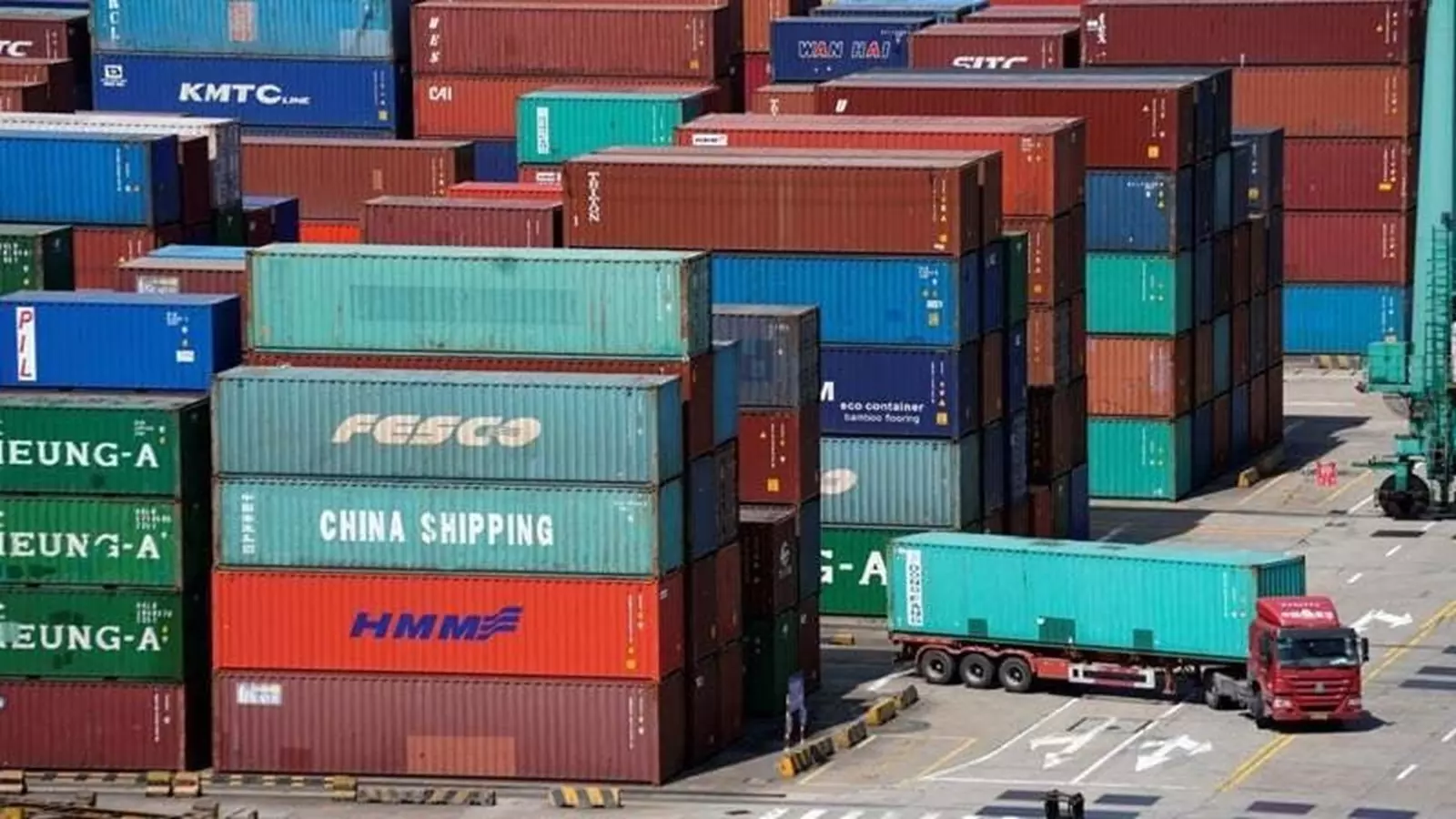
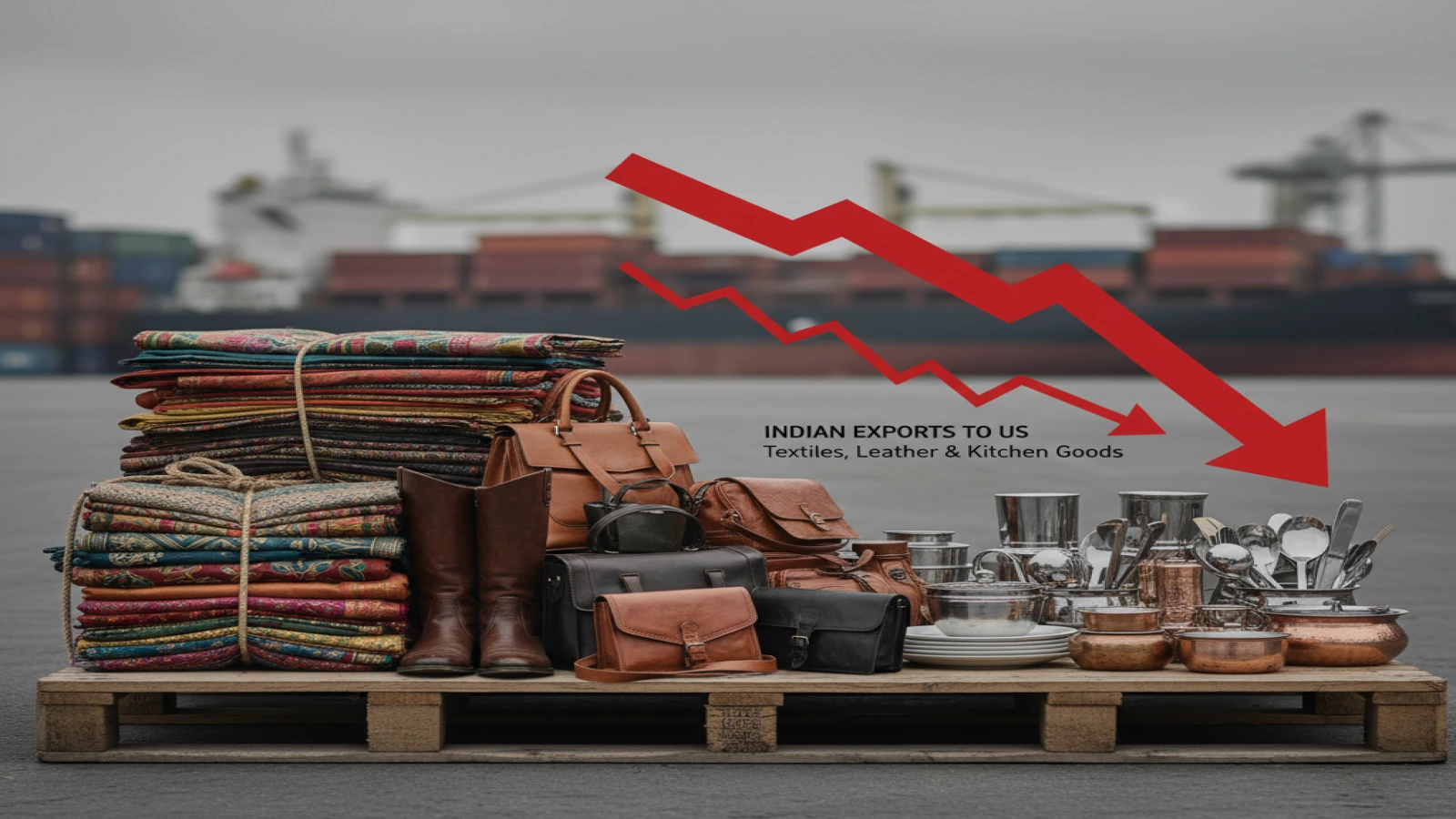
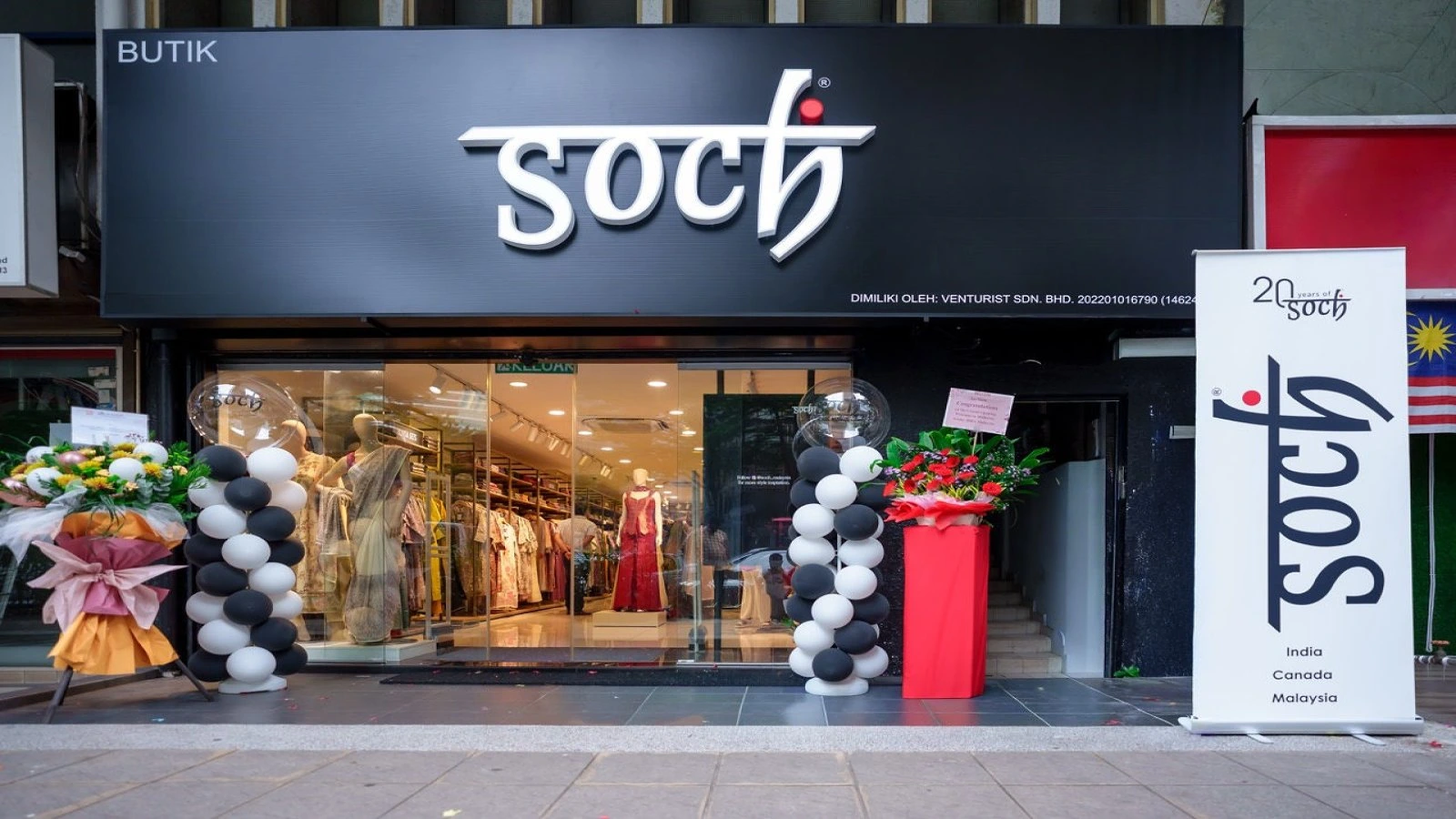
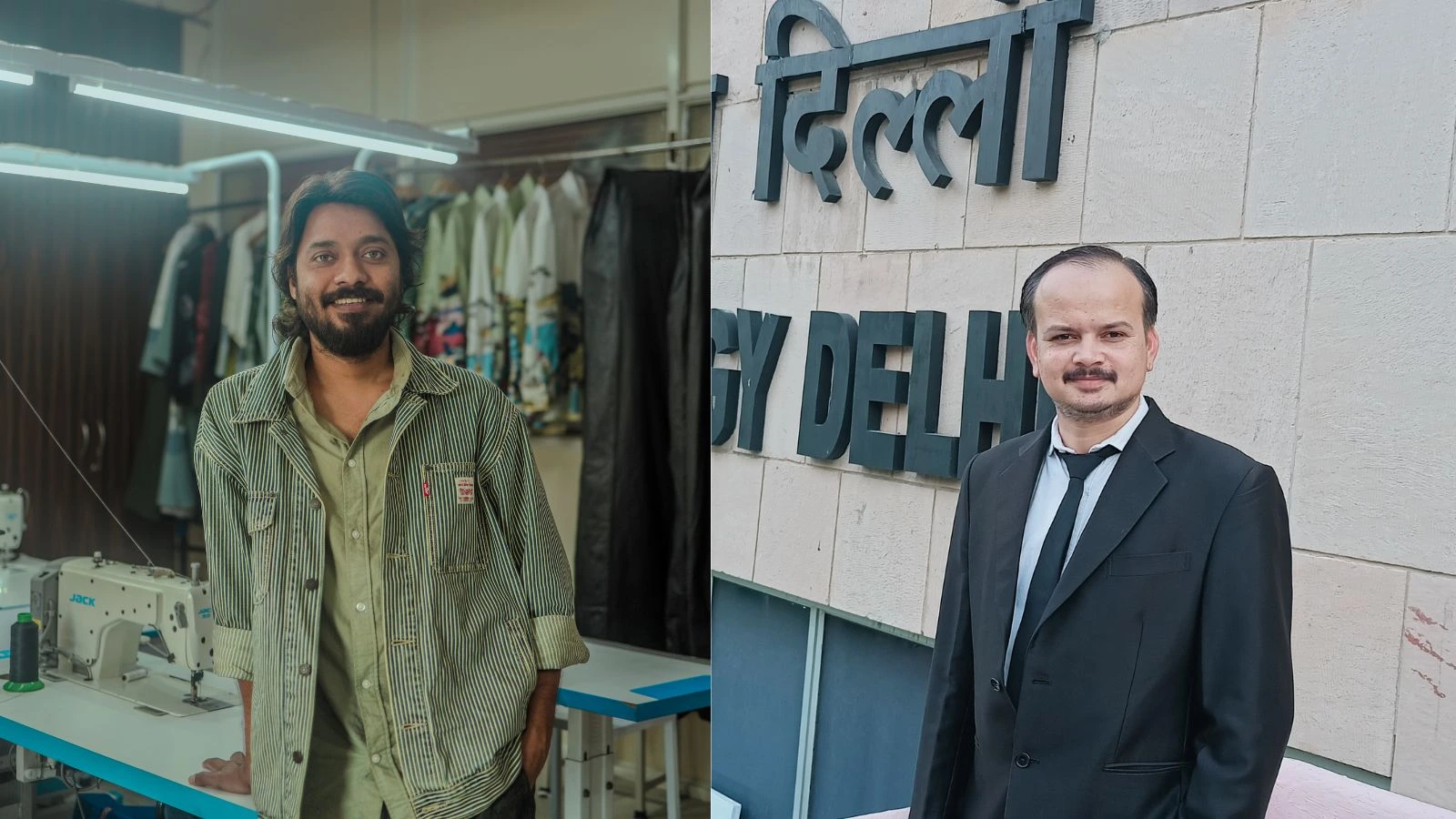

1.webp)
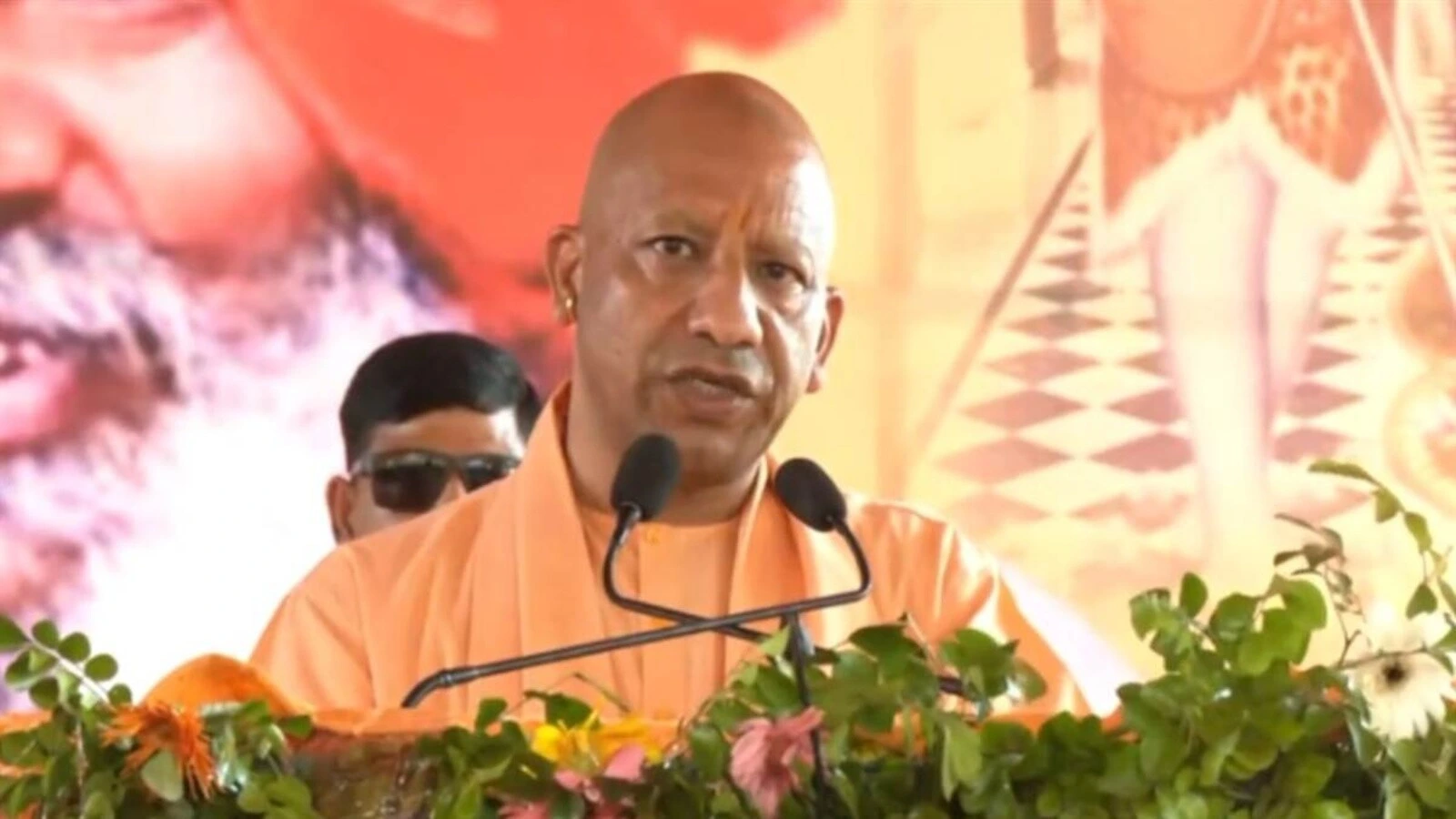
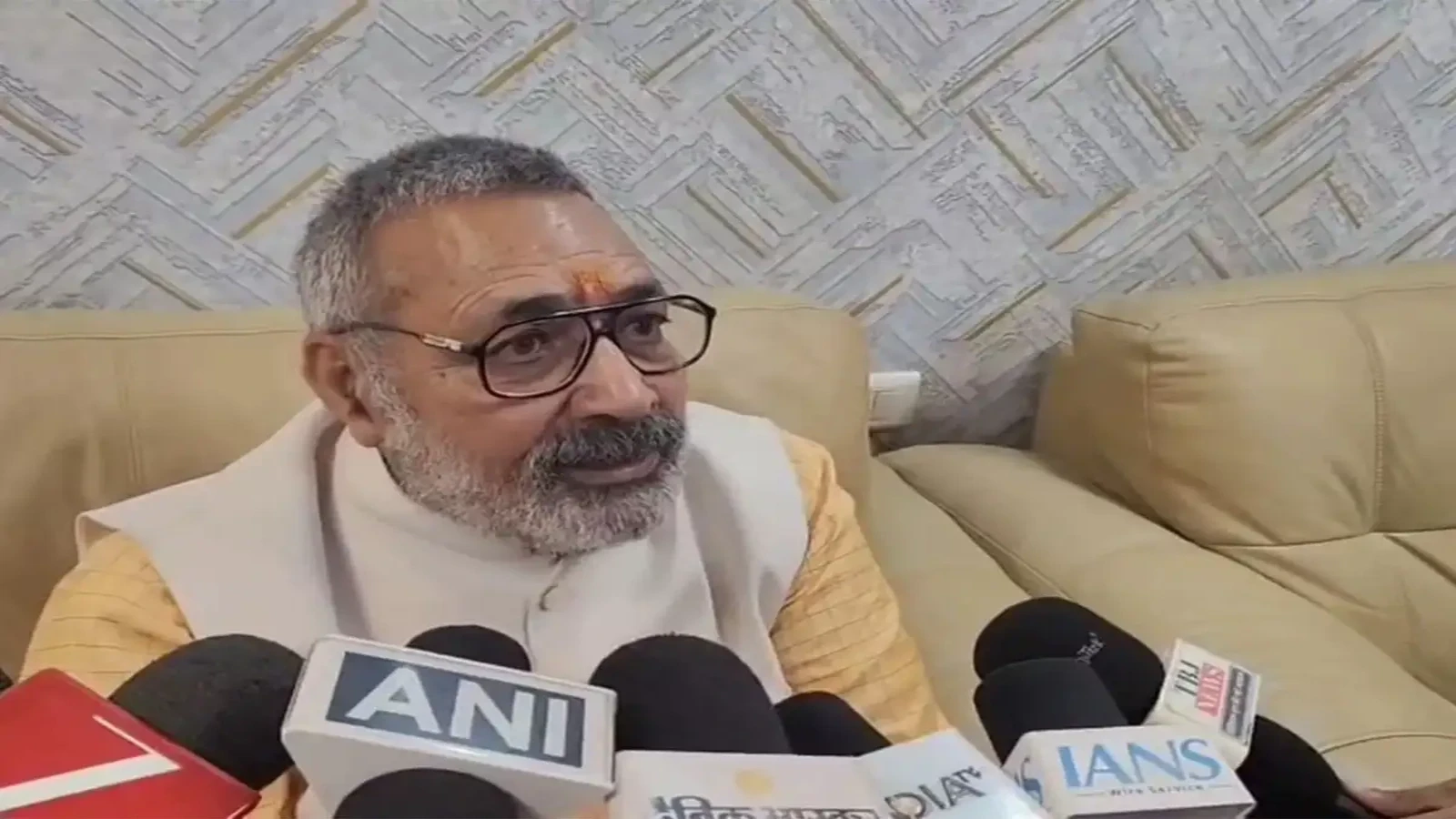

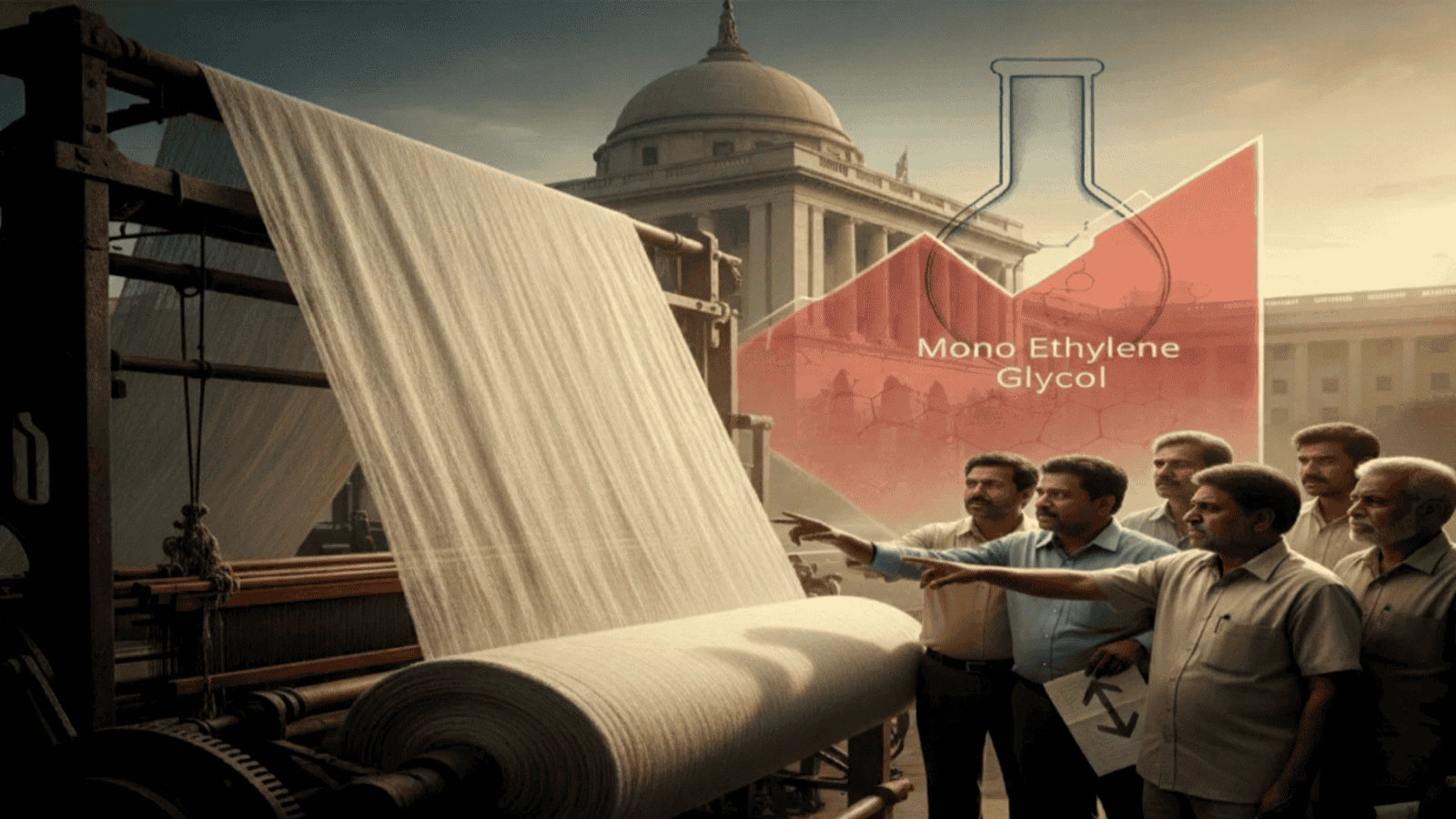



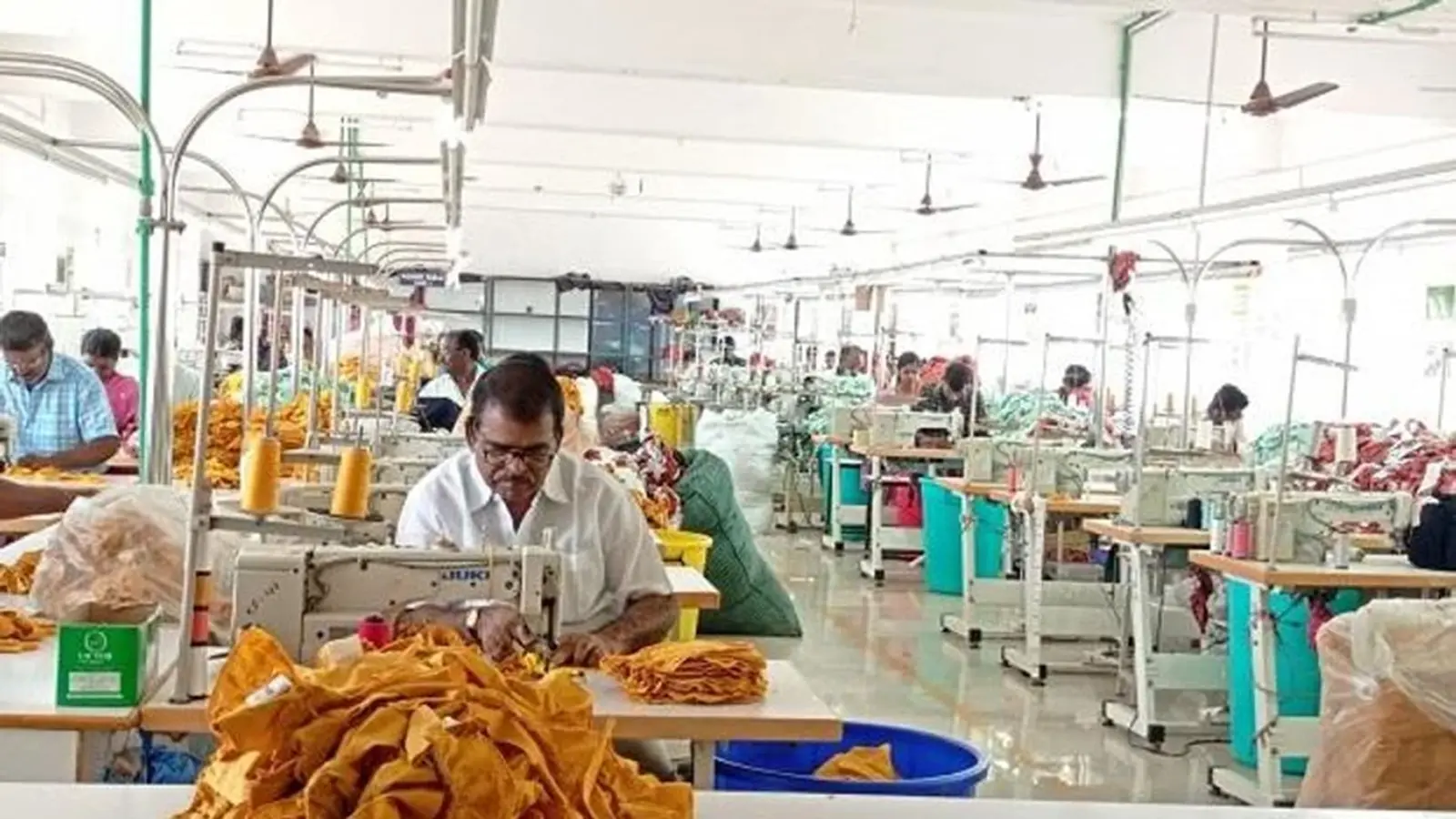
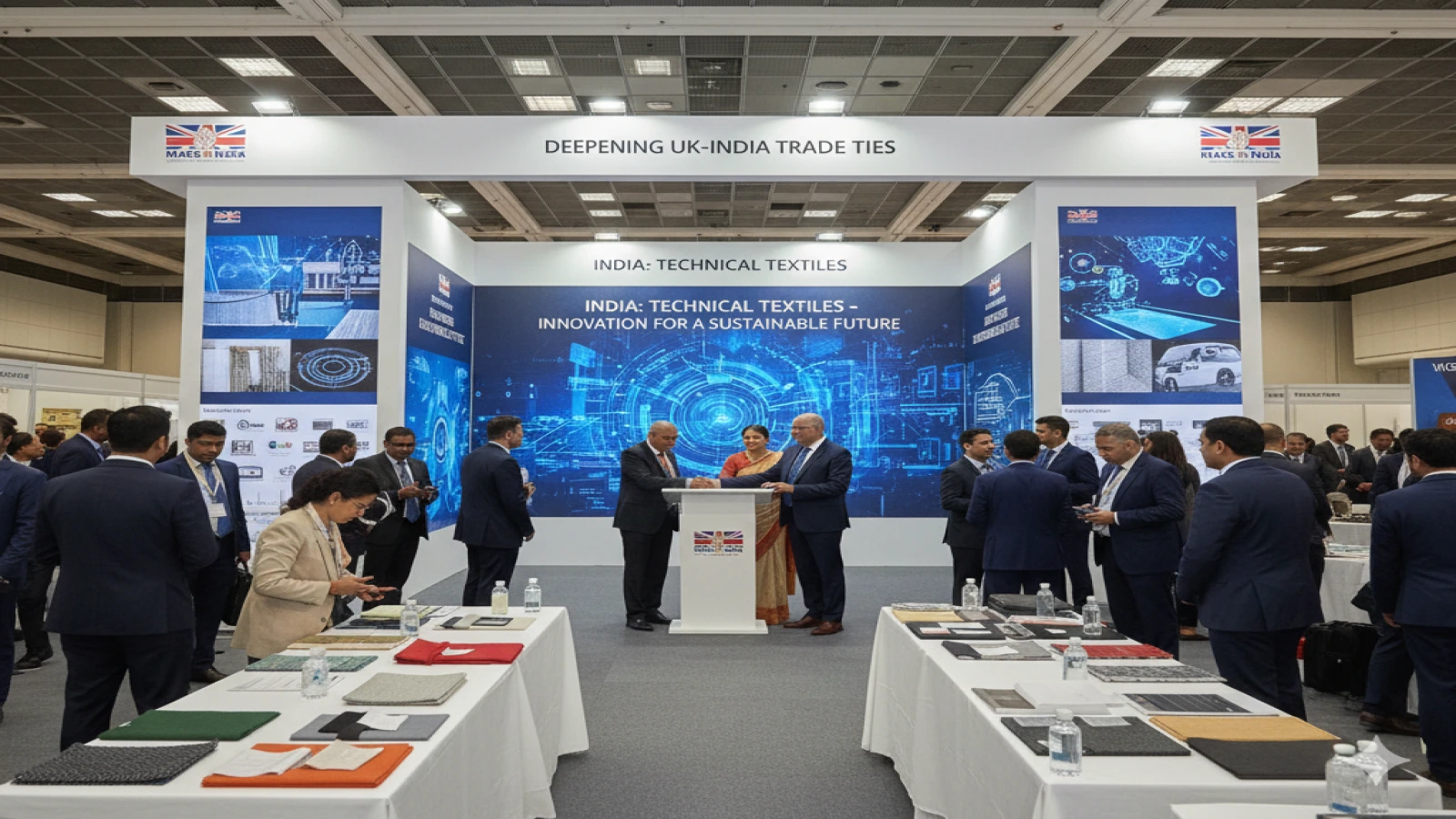


1.webp)

1.webp)



























.webp)






















































.png)





.jpg)















1.jpeg)
